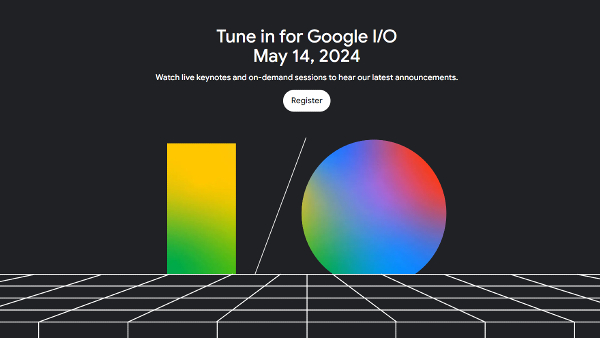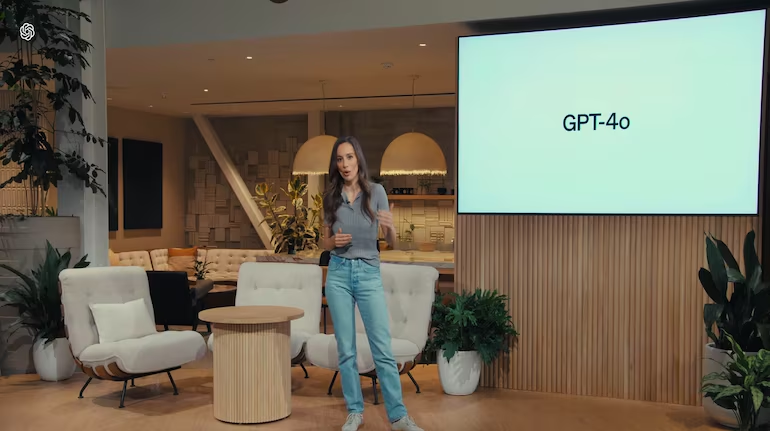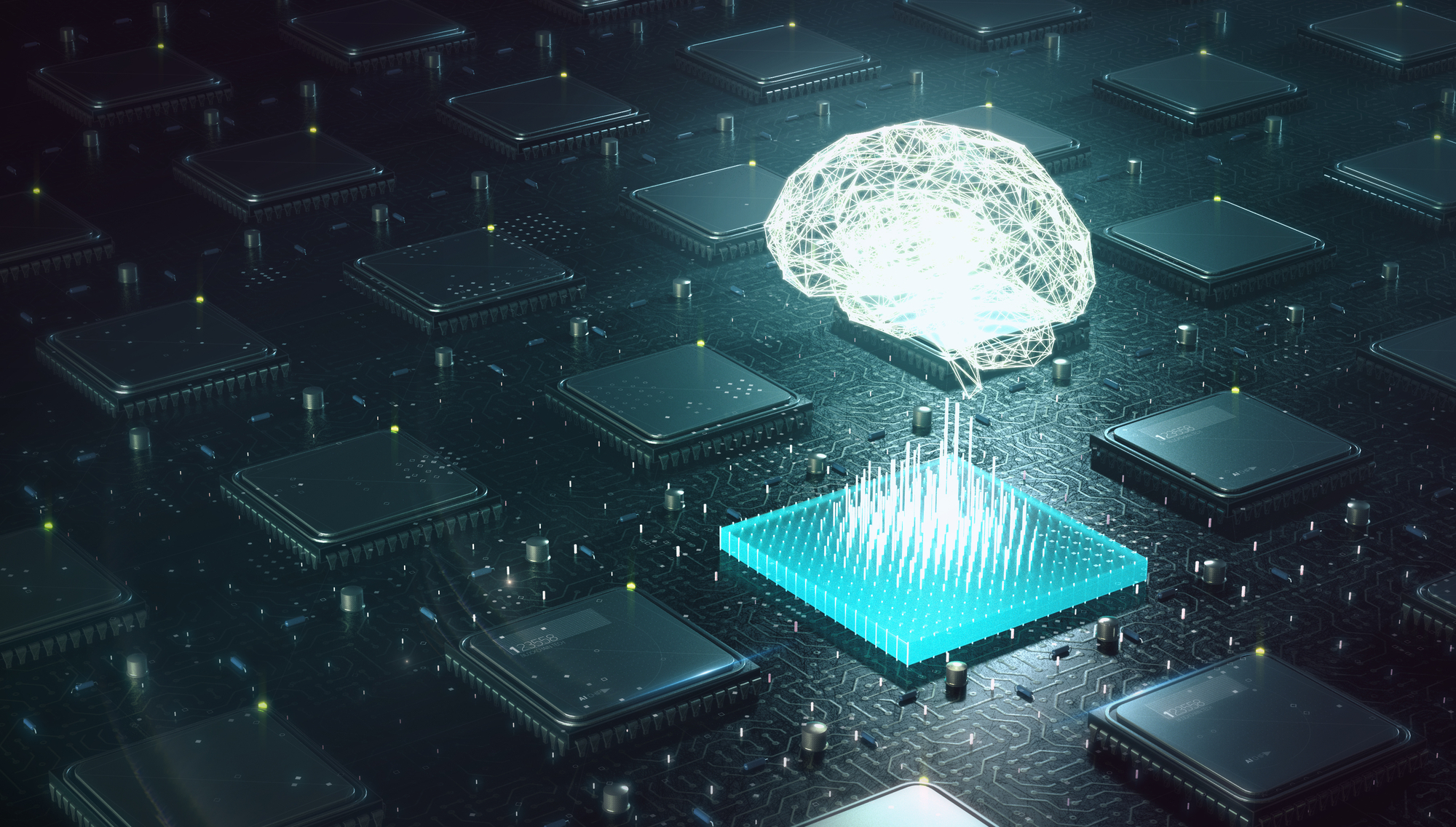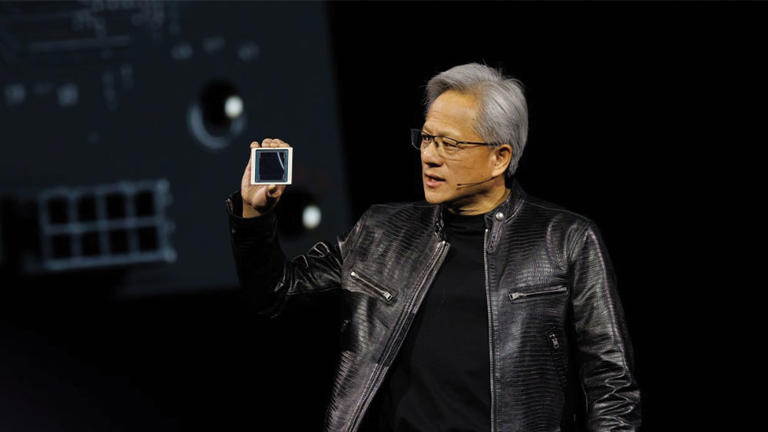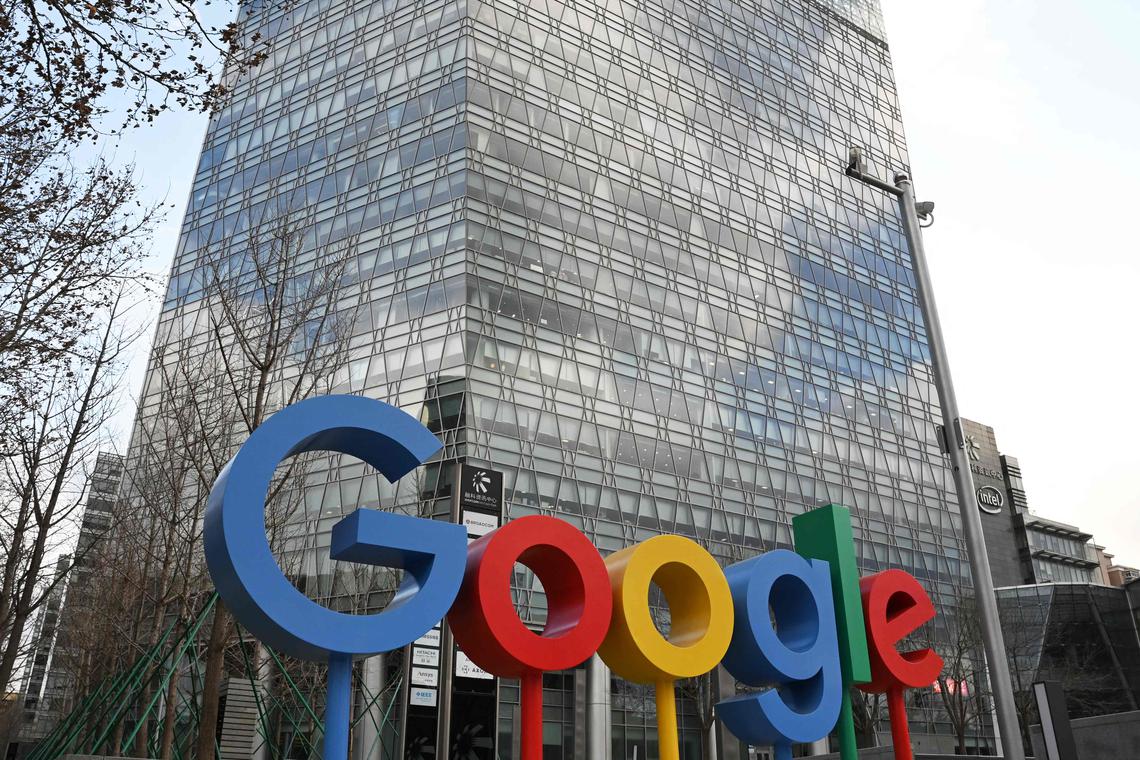Remember the days when interacting with AI felt like trying to communicate with a well-meaning but somewhat dense robot?
Well, those days are swiftly becoming a thing of the past, like flip phones and privacy.
Google’s latest AI marvel, Gemini, is changing the game, and it’s something you’ll want to tell your smart fridge about!
Gemini, Google’s frontier model designed to be natively multimodal, is basically the Swiss Army knife of AI models.
Just a year after its debut, Gemini has already cozied up with over 1.5 million developers, embedding itself across an array of Google’s products — think Search, Photos, even your beloved Android.
Now, imagine you’re planning an AI-run escape to the Bahamas (because why not let AI handle the mundane?). Gemini can rummage through your photos, dig up travel emails, interact in your workspace, and remind you to pack sunscreen—all without breaking a digital sweat. This AI isn’t just multitasking; it’s omniscient in its reach!
Here’s where it gets even cooler. Gemini 1.5 Pro has recently expanded its wizardry to handle a million context tokens, and just when you thought that was pushing the envelope, hold on, because they’re now ramping up to two million.
What does that mean?
Well, it’s like having an AI that can binge-read the entire encyclopedia and still remember that you prefer window seats on flights.
For the tech heads wondering about practical uses, let’s talk about some real-time wizardry.
The “Ask Photos” feature rolling out this summer is about to skyrocket your nostalgia trips to the moon. Forget scrolling for hours to relive that beach sunset from 2015. Gemini will fetch it for you faster than you can say “throwback.”
And because Google likes to stay ahead, they’ve introduced Gemini 1.5 Flash — the Usain Bolt of AI, racing through tasks with low latency and cost-efficiency. It’s engineered for those needing quick AI interactions without selling a kidney to cover the costs.
But Google isn’t stopping there.
Introducing Project Astra, a leap towards creating a universal AI agent.
Vision for the future?
An AI sidekick that does more than just recite recipes — it actively learns from its environment to provide real-time assistance, customized ever so cleverly to each user.
In a delightful twist, we also got a peek at “Imagine 3,” Google’s latest image generation model that promises even more breathtaking visual content. This AI can whip up an image so lifelike you might just try to smell the roses in it.
At the end of the day, Google’s relentless march into advanced AI capabilities feels both exhilarating and daunting.
Gemini and its offshoots represent a future where artificial intelligence is woven so tightly into our digital lives that disentangling ourselves from it may be next to impossible.
While the convenience of having an omniscient AI assistant is undeniably appealing, we must grapple with the cost of mass AI adoption.
As these models become ingrained in our products and services, are we willingly ceding too much control to faceless algorithms? Do we risk becoming over-reliant on AI to the point of technological codependence?
There’s also the argument that infusing everything with AI robs our world of an organic human touch. What happens when our nostalgic reminiscing is filtered through the cold, calculating lens of a machine? When our travel plans and personal schedules are meticulously orchestrated by an AI majordomo?
Perhaps most concerningly, as consumer AI grows more sophisticated, the power wielded by Big Tech firms like Google becomes virtually insurmountable.
Do we want a future where a handful of corporations hold a monopoly over artificial general intelligence? The implications for privacy, security, and human agency are deeply unsettling.
So while the whiz-bang features of Gemini, Astra, and Imagine 3 are impressive technological feats, they represent a Faustian bargain of sorts.
In pursuit of AI-fueled convenience and capability, we may be sacrificing core tenets of humanity. As we hurtle towards this AI-dominated future, a moment of pause for sober reflection seems warranted.
Where we go from here will shape the fundamental relationship between carbon and silicon for generations to come.
Here are the highlights from the Google IO 2024 presentation:
